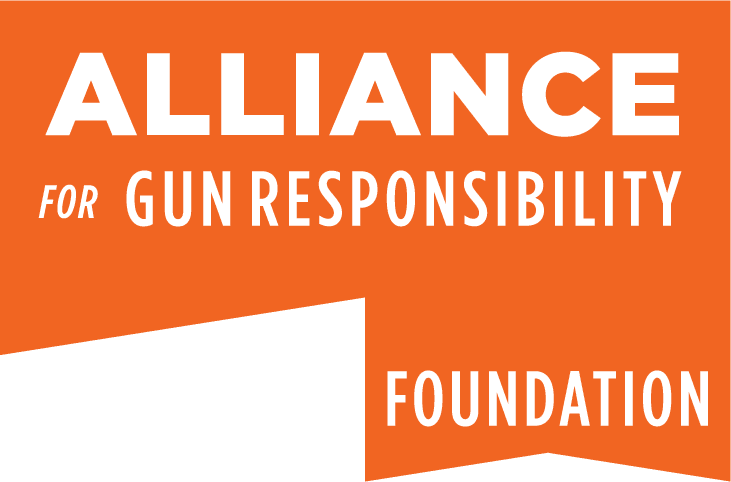For years, families of victims of gun violence have sought to hold gun makers accountable for the carnage wrought by their products. They have sued, gone to court, and fought for legislative change. Every time, they’ve been rebuffed.
In 2005, Congress passed the Protection of Lawful Commerce in Arms Act (PLCAA). The law, which gun makers and dealers strongly pushed for, gives manufacturers and sellers immunity from civil suits that arise as a result of crimes carried out with their products. It has made it functionally impossible to hold gun makers legally accountable for the violence their products facilitate.
Last week, that changed when the Supreme Court allowed a lawsuit to proceed that was filed by the families of victims of Sandy Hook against Remington, the maker of the semi-automatic assault rifle used in that shooting. While the decision does not mean that the gun maker will necessarily suffer penalties, a lawsuit making it even this far changes the picture. The victims’ families will now get the chance to ask a jury whether Remington holds any responsibility for the tragedy of Sandy Hook.
The case going to trial also means the gun maker will be forced to present documents on their manufacturing, marketing, and distribution practices, which could provide a rare glimpse into connections between manufacturers and illegal gun markets. Read more about the background and implications of the case here.
Holding industries accountable has been a key part of preventing and limiting the impacts of public health crises before; the tobacco industry changed its practices and the negative effects of cigarettes started to decline only after courts were finally able to hold tobacco companies accountable for their role in the crisis.
The Supreme Court’s decision to let the Sandy Hook families’ lawsuit proceed is the first step in the process of doing the same for the gun industry. The pathway to an accountable industry, paying for the impacts of its choices, is much clearer and cleaner today than it was before the decision. And that means the potential for a safer country, with less gun violence, is also clearer.
— Tallman Trask is Policy and Advocacy Director for the Alliance for Gun Responsibility
